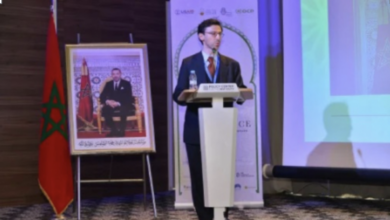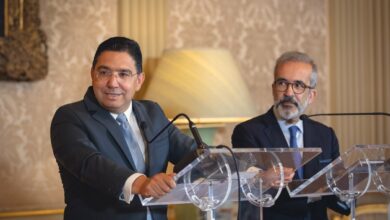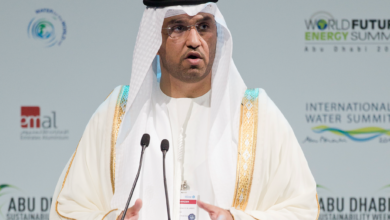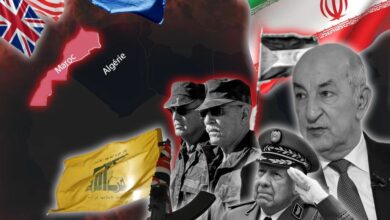Jacob Zuma from the heart of Ghana… New support for Morocco’s Sahara that unsettles the calculations of the adversaries of territorial integrity
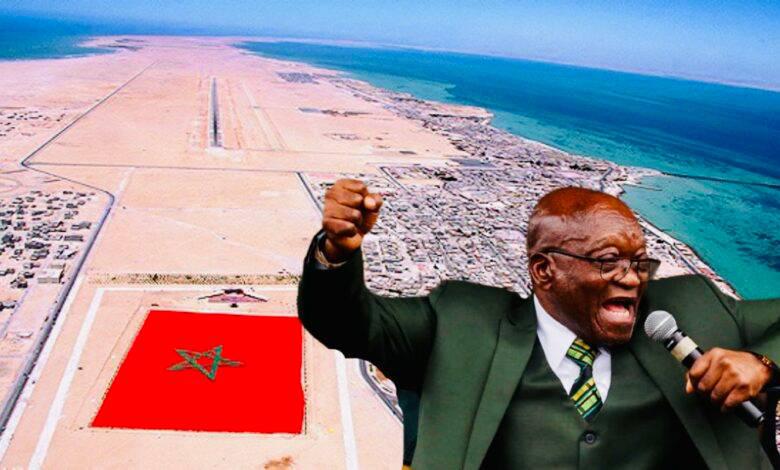
ALDAR/ Meryem Hafiani
Former South African president Jacob Zuma delivered a striking speech from the Ghanaian capital, Accra, in which he renewed his strong support for Morocco’s territorial integrity, stressing that the autonomy initiative under Moroccan sovereignty is the only realistic solution to end the fabricated conflict over the Sahara. This public and direct stance is not merely an expression of Zuma’s personal conviction, but also a political declaration that unsettles the calculations of Morocco’s opponents and reveals the deep divisions within South Africa’s own political landscape.
While the ruling African National Congress (ANC) in Pretoria continues to cling to its support for the Polisario Front and to an outdated discourse, Zuma’s position signals the beginning of a fracture in the traditional consensus the official leadership has tried to impose for decades. The ANC has long framed its support for the separatist narrative as an extension of “revolutionary solidarity” dating back to the Cold War era. Yet today, it finds itself increasingly isolated across the continent, as dozens of African countries have taken a clear stance by opening consulates in the cities of Laayoune and Dakhla, a concrete recognition of Morocco’s sovereignty over its Sahara.
Zuma, as a former head of state and still an influential political figure, chose to break away from this rigid narrative by adopting a pragmatic position aligned with the transformations taking place across Africa. In doing so, he sends two main messages: the first, domestically, is that persisting in supporting separatist illusions goes against South Africa’s own interests as it seeks economic and strategic partnerships within the continent; and the second, externally, is that Morocco has become a central player in regional stability and shared development, making it unrealistic to ignore its geopolitical weight.
The contrast between Zuma’s position and that of the ANC essentially reflects a clash between two approaches: one anchored in the past, bound by a “struggle memory” that has lost its relevance; and another forward-looking, seeing Morocco as a necessary partner in building a united Africa capable of addressing its developmental challenges. While the ruling party in Pretoria remains stuck defending the Polisario’s claims, Zuma’s statements mark the emergence of a new political current pushing for a re-reading of ground realities, far removed from outdated ideological alignments.
This evident division also demonstrates that South Africa itself no longer holds a unified stance on the Sahara issue. While the official government clings to its traditional positions, former leaders like Zuma are championing a vision more consistent with today’s international context, where the UN Security Council consistently supports the autonomy plan under Moroccan sovereignty as the practical and realistic solution.
Zuma’s speech in Accra was therefore far from a mere personal opinion; it turned into a full-fledged political event, deepening the rift between two camps in South Africa: one stuck in the past, betting on an obsolete narrative, and another, pragmatic and forward-looking, recognizing Morocco’s sovereignty over the Sahara as a political and geographical reality that must serve as the foundation for any successful African–African partnership. His words send a powerful message that the continent’s future cannot be built on outdated slogans, but rather on tangible realities that place Morocco at the forefront of the African scene.

